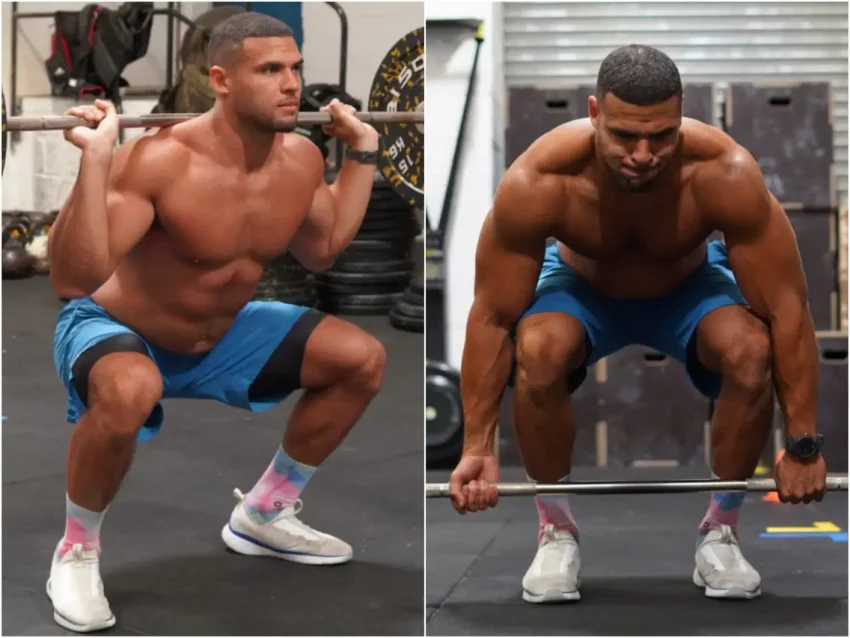Going to the gym, everyone sets a specific goal. One of the athletes’ most frequently heard goals is to increase muscle mass. However, only some manage to do it equally quickly or at all. Why? This article will share various tips on how to do this as quickly and efficiently as possible.
Of course, first, you need to understand the most important factors that can affect muscle mass growth. This may depend on age, gender and genetics. It should be understood that the female and male bodies are different; therefore, muscle mass can differ.
What factors contribute to muscle growth?
Unfortunately, there is a wrong stereotype – muscles grow during training. On the contrary, after a workout, you feel the weakest – muscle microfibers are damaged, and energy reserves are consumed. Muscles appear larger only because they are filled with blood.
Muscles become stronger during recovery – this is how the body tries to make the muscles stronger and will withstand this load much easier next time. Therefore, one of the most important moments in muscle growth is rest, good sleep and recovery. If the bodies are not fully rested, the energy stores in the body decrease and muscle mass are lost.
Secondly, strength training is very important. These workouts must be regular, with sufficient resistance. The key word for these workouts is progress. In training, it is recommended to use a variety of basic exercises, such as squats, deadlifts, and bench presses.
You can use different variations of this exercise, but the main thing is gradually increasing the training load – use more resistance. Thus, the effect will be achieved that the muscle feels “tense,” and only in such conditions is the muscle able to grow.
Good nutrition is a very important factor. For muscles to grow and function fully with maximum strength in training, a complete diet is required, including proteins, carbohydrates, vitamins, minerals and other essential nutrients. You must put much effort into training and using your muscles to the maximum, so you need a lot of energy.
And the main source of energy is carbohydrates. Therefore, you don’t need to be “afraid” of carbohydrates or exclude them from your diet. Still, on the contrary, you need to eat foods containing carbohydrates, such as rice, whole-grain pasta, buckwheat, etc.
How much protein do I need per day?
Continuing to talk about nutrition, the athlete will only be able to contribute to the set of muscle mass if insufficient protein is in the diet. The main function of proteins is to build and repair tissues, so consuming enough mutant mass protein can increase muscle mass. A daily protein intake of at least 0.8 g per kg is required.
But if you’re into endurance or strength training, you need to get at least 1.2-1.8g of protein per kg of the body per day. The most protein-containing products are poultry meat, fish, eggs, cottage cheese, and cheese 10%.
Focus on what’s important, train regularly, add weight, eat the right diet, and give your body plenty of time to rest.

